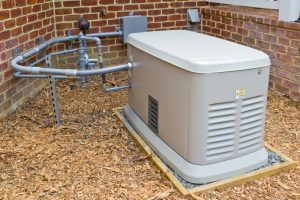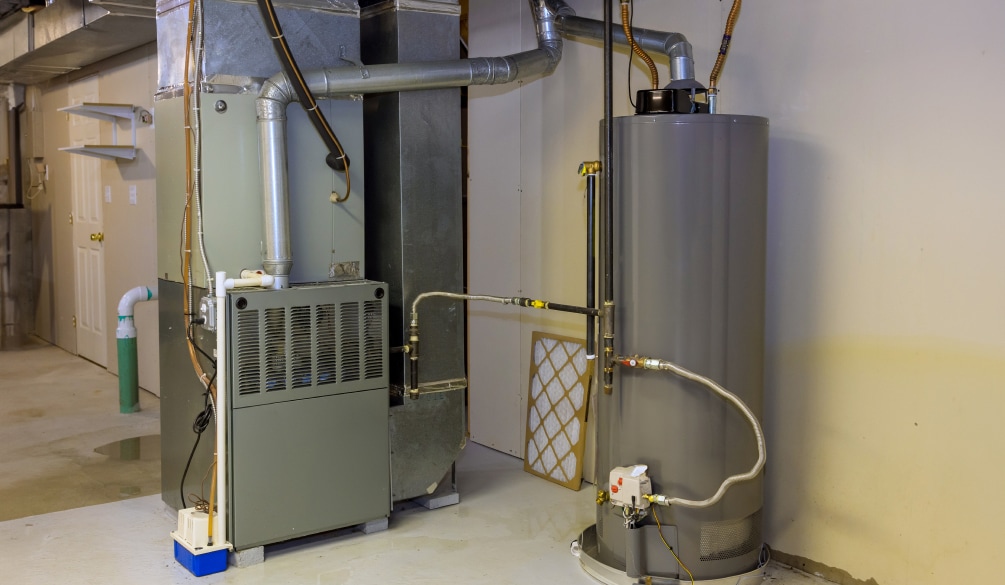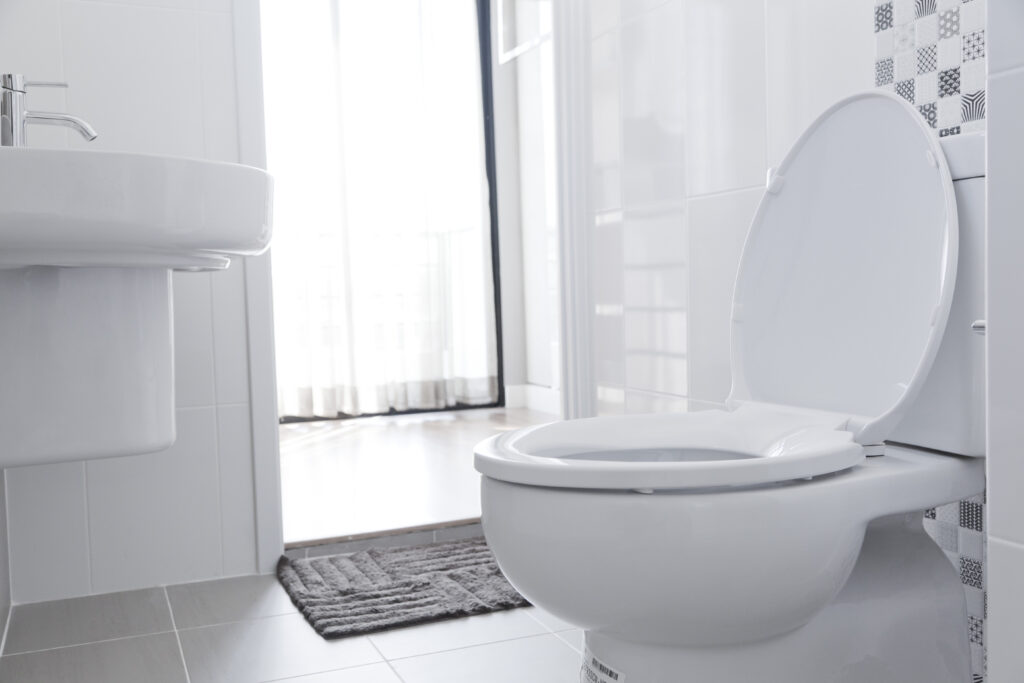Don’t Entrust the Home to Portable Generators

Many homeowners like to have a portable generator on hand. We understand the appeal: it’s nice knowing that there’s a backup energy source in the home. It’s small, easy to wheel around, portable, and powerful. They’re great to take on camping trips or for events where power is needed. We have no issue with portable generators being used in accordance with their capacity.
However, we can’t condone the use of portable generators for the home. It’s hard to resist thinking that a portable generator or two can be a convenient way to power up a home during an outage. But in truth, they’ll become a huge hassle if used that way. Below are a few reasons why it’s wiser to invest instead in a whole-house generator.
They’re Just Not Powerful Enough
Portable generators have no problem satisfying the needs of someone looking for a fuel source to power up their RV on a camping trip. They can also be useful in a short-lasting emergency. For keeping a home powered up during an emergency, however, they just don’t have enough power.
At most, a portable generator is good for powering the lights or some necessary appliances. They can’t be expected to maintain a homeowner’s quality of life like a whole-house generator can. Combine that with a power outage that lasts for days, and it’s easy to see that a portable generator simply doesn’t have the stamina or power to last.
A whole-house generator will have no issue powering the lights, appliances, and even a heating and air conditioning system for days on end.
They Require Refueling
Portable generators can only last as long as the capacity of their fuel tanks.
Gasoline can go bad if left unused for some time. Plus, it’s just unreasonable to stockpile several cans of gasoline just for an emergency. Even if they can be used in an emergency, it doesn’t change the fact that there’s only a finite amount.
What’s great about a whole-house generator is that they’re directly connected to the fuel source, such as in the case of a natural gas line. As long as the generator has been consistently maintained, there’s really nothing to worry about by the time a disaster strikes. The generator will automatically kick on when it’s needed and it’s good to go.
There’s a Risk of Carbon Monoxide Poisoning
First off, we want to state this immediately for safety purposes: do not run a portable generator indoors. These generators emit exhaust and will fill the room or home with carbon monoxide.
If the power goes down during a storm, the only option is to run the generator beneath shelter, such as in the garage or another indoor part of the home. This creates an obvious carbon monoxide hazard, as that exhaust can make its way into the home. Don’t give into the temptation of using a portable generator just because it’s the only thing on hand. Invest in a reliable whole-house generator early on to be prepared.
Contact Yost & Campbell Heating, Cooling & Generators today to schedule an appointment for automatic standby generator installation or repairs.







